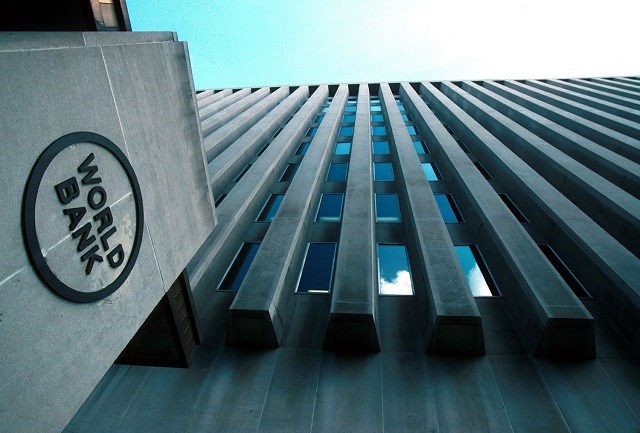| According to the World Bank, a grant from the International Development Association (IDA) worth 70 million dollars has been authorized to create resilient water, agricultural, and environmental services for rural populations in Somalia’s drylands.
The “Barwaaqo” initiative, which builds on the Biyoole project and is known as the “Somalia Water for Rural Resilience Project,” is launched at a crucial moment when Somalia is dealing with an unprecedented multi-seasonal drought and escalating food insecurity.
Chantal Richey, Senior Water Supply and Sanitation Specialist at the World Bank, stated that the Barwaaqo project will incorporate strategies for reducing climate change impacts and adapting to them as well as supporting improved management of natural resources.
In a statement released on Thursday night, Richey was cited as stating, “This includes water collecting and storage, soil conservation, afforestation, and rangelands restoration around water sources to slowly “green” the drylands.
According to the World Bank, the project will increase services in Somaliland, Puntland, Galmudug, and the South West States while also expanding to two additional federal member states, Hirshabelle and Jubbaland, where the project will concentrate on the areas away from the Shabelle and Jubba rivers’ floodplains.
According to the report, this project will bring water to 500,000 people, or around 15% of the rural population, who at the moment only have access to basic amenities and unimproved or surface water.
By enhancing access to water resources in a dryland setting, Kristina Svensson, the World Bank’s country manager for Somalia, said the Barwaaqo project helps communities develop resilience and adapt to climate change.
According to the World Bank, environmental issues have contributed to the degradation of more than a quarter of Somalia’s territory over time, and along with deforestation and soil loss, rural livelihoods are in danger.
It was claimed that these issues, along with droughts, also lead pastoralists to lose their livestock, which is their primary source of wealth and revenue, as well as their harvest, which is also their primary supply of food.

